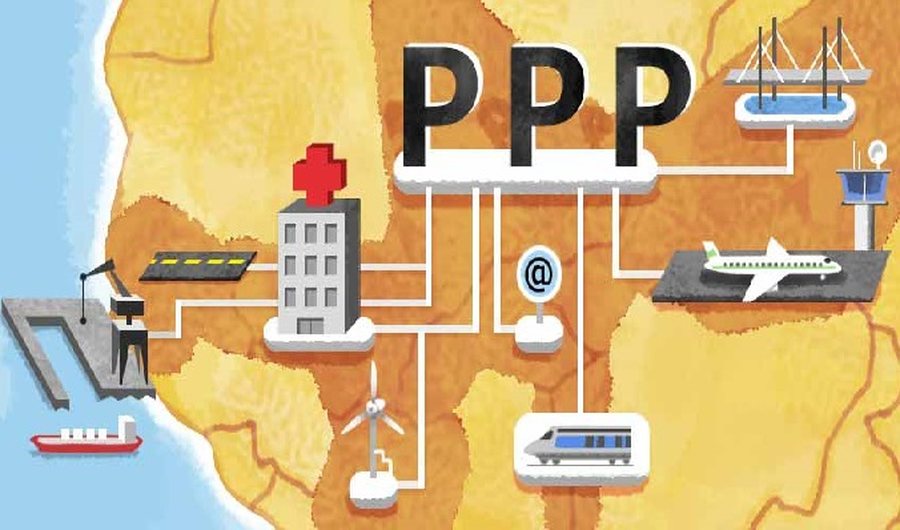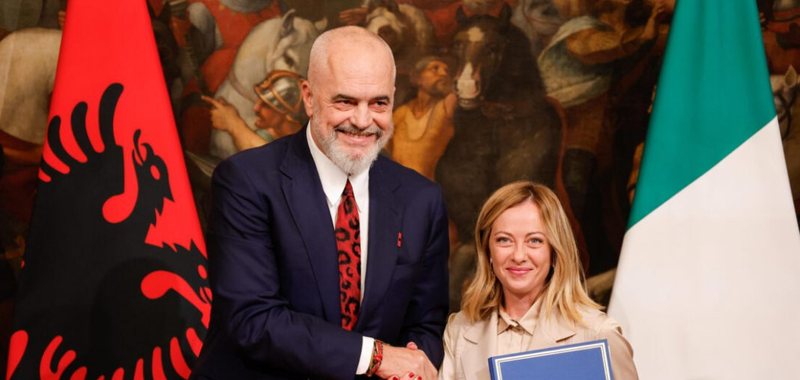The government approves the draft law, here's where public-private partnership can be applied

Transport, energy, water, waste management, telecommunications, education, culture, and health are sectors where public-private partnerships can be applied. The definition is made in the law recently approved by the government on PPP.
The draft law "On Concessions and Public-Private Partnerships" defines the legal framework for how the state and the private sector cooperate to implement projects of public interest, through concessions or public-private partnerships (PPP).
Object:
• The powers of public authorities to enter into PPP contracts;
• Procedures for awarding, signing, amending or terminating contracts;
• Sharing financial and fiscal risks between the parties;
• The manner of financial support and arrangements related to concession policies.
The law defines the terms:
• Concession - Agreement for the construction or provision of public services, where the private partner is rewarded with the right to use the work or with a fee.
• Public Private Partnership (PPP): Sustainable collaboration between the state and a private operator for the provision of public services or infrastructure.
• Operational risk: The risk transferred to the concessionaire regarding the demand, supply or availability of the facility.
• SPV (Special Purpose Entity): Private company created specifically for the implementation of the concession/PPP contract.
Scope of application
PPPs can be applied in sectors such as transport, energy, water, waste management, telecommunications, education, culture, and health.
This article defines the bases on which any procedure for the award of concessions and public-private partnerships (PPP) is carried out.
1. General principles – Procedures are implemented respecting transparency, equal treatment, non-discrimination, proportionality, efficiency, reciprocity and legal certainty.
2. Impartiality of the procedure – The preparation of the competitive procedure, including the calculation of value, must not have the purpose of unfairly favoring or excluding economic operators or certain services.
3. Autonomy of public authorities – Central and local authorities have the right to decide the most appropriate way to manage public works and services, ensuring quality, safety, affordability, equal treatment and universal access. They may carry out tasks with their own resources, in cooperation with other authorities, or delegate them to economic operators.
4. Preservation of the public ownership system – The law does not require the privatization of public enterprises and does not affect the ownership system in the Republic of Albania.

Agreement, government approves areas of strategic cooperation with Italy
The Government, in its meeting today, approved in principle the agreement between the Government of the Republic of Albania and the Government of the......

"Mountain Package", the Government approves development zones in Elbasan, Belsh, Përmet and Skrapar
Within the framework of the Law on the Mountain Package, the Council of Ministers has approved priority areas for development in several municipalities of......

The "disappearance" of old businesses - Watchmaker: If it is not inherited, my business risks closure
In every city in Albania, somewhere among the new buildings or modern premises, there are still hidden, or are there, businesses or workshops that can now be......

Self-management of waste by businesses - Extended Producer Responsibility, will finance collection and recycling
The Parliamentary Committee on Culture, Tourism and Diaspora approved the draft law, which obliges every manufacturing entity that develops, produces,......

Gender Equality Bill, economic empowerment for women - Çela: Unpaid work is recognized. Integration in rural areas
Discussions of the Gender Equality Bill have begun in the Parliament. Erisa Çela, program director at UN Women, says that this bill responds to the needs of......

EXPO 2025, empowering women entrepreneurs - Myzeqari: Girls are increasingly involved in business
This Wednesday, the Expo 2025 fair was held, with a focus on empowering women entrepreneurs. Present at the fair, the Minister of Economy and Innovation,......

"Under pressure to protect inventions and brands" - Report/ Albania, below average for intellectual property although improving
In today's world, where the economy is no longer measured only by factories and acres of land, but by ideas, creations and technology, intellectual property......

Low profit from investing in 12-month bonds - Average interest rate drops to 2.5%, equals that base
Currently, the returns from investing in 12-month treasury bills are very low, as the average interest rate continues to fall. In the last auction, the......


















